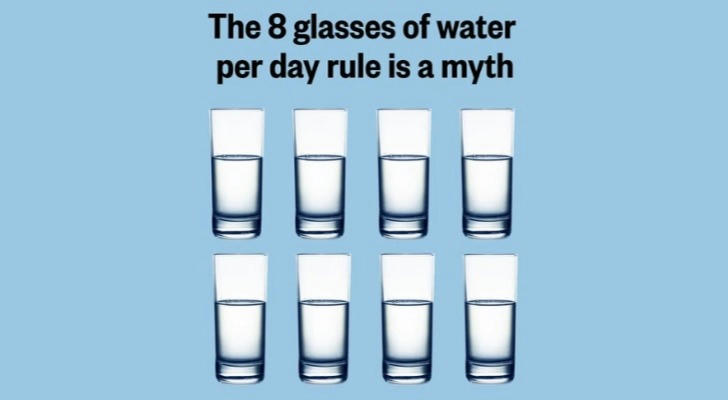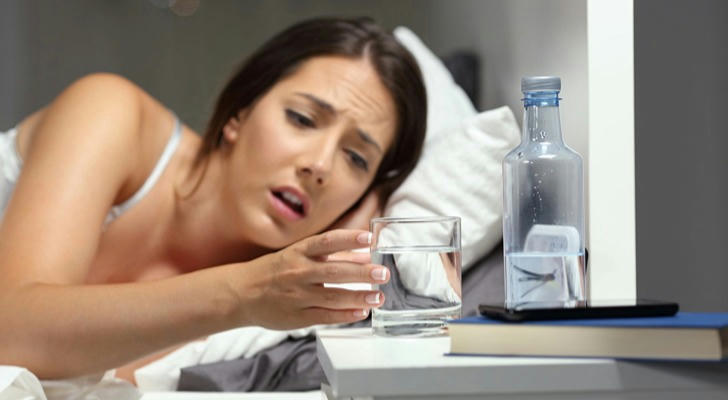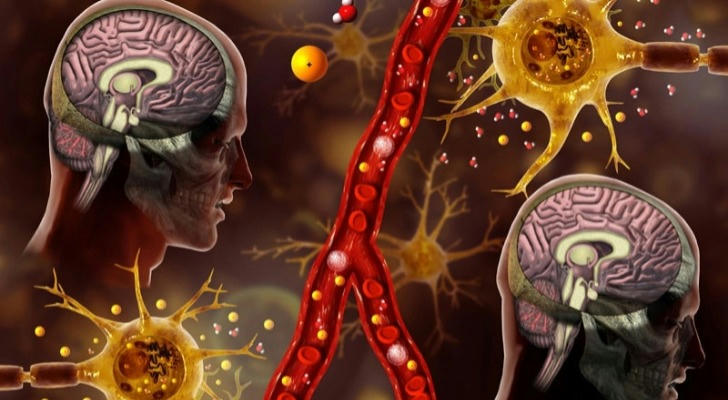How Much Water Should You Really Drink Each Day? The Truth Behind Hydration Hype
For something so simple, drinking water sure brings a lot of questions. Is eight glasses a day still the golden rule? Can too much water be harmful? And is thirst alone a reliable guide? Let’s dive into the facts (pun intended) and sort hydration truth from myth.
1. The 8x8 Rule: A Useful Myth?
Many have heard the classic advice: drink eight 8-ounce glasses of water a day. That’s about 2 liters or half a gallon. While this rule is easy to remember, it doesn’t actually come from solid scientific research.

In fact, a 2002 paper in the American Journal of Physiology concluded that there's no scientific basis for the 8x8 rule. People need different amounts based on age, weight, activity level, and even the climate they live in.
☕ Tip: Water needs aren't just about water itself. Around 20% of daily fluid intake comes from food—especially fruits and veggies like watermelon, cucumber, and oranges.
2. How the Body Signals Thirst
The body has a clever built-in system for managing hydration: thirst. When fluids drop below optimal levels, sensors in the brain trigger the thirst response. But here’s the catch: some studies suggest that by the time thirst is felt, dehydration may already be setting in—particularly for older adults, whose thirst response weakens with age.

💧 Stat: A study from the University of Arkansas found that even mild dehydration (just 1.5% fluid loss) can impair mood, memory, and brain performance.
3. Signs You're Not Drinking Enough
Forget fancy trackers. The body gives clear signals when it needs more fluids:
● Dark yellow urine
● Fatigue or low energy
● Headaches
● Dizziness
● Dry mouth or skin
Staying ahead of these signs helps prevent sluggishness and keeps cognitive and physical performance strong.
4. Can You Drink Too Much?
Yes—overhydration is a thing, and in rare cases, it can be dangerous. It's called hyponatremia, when the sodium in the blood becomes too diluted. This can lead to swelling, confusion, nausea, and in extreme cases, seizures.

🏃 Most at risk? Endurance athletes who drink excessive water without replacing electrolytes. For the average person, the risk is low—but guzzling liters of water without reason isn't always better.
5. Hydration Needs by Lifestyle
Hydration isn't one-size-fits-all. Consider these common variations:
✨ Sedentary Adults
Need about 2 to 2.7 liters (for women) or 2.5 to 3.7 liters (for men) daily, according to the National Academies of Sciences.
☀️ Hot Climates
Living in a hot, humid region? Water loss from sweat increases. More fluids are needed to compensate.
🏃 Active Individuals
Sweating through workouts? The American Council on Exercise suggests drinking 17-20 oz of water 2 hours before exercise, 7-10 oz every 10-20 minutes during, and 8 oz within 30 minutes after.
ಠ_ಠ Sick Days
Fever, vomiting, or diarrhea can lead to rapid fluid loss. Hydration becomes critical. And don't forget the small things: even low-grade fevers or a couple of hours outdoors in the sun can make a big dent in fluid levels. Recognizing these hidden losses is key to staying ahead of dehydration.
6. When and How to Drink Water
Hydration strategy matters almost as much as quantity:
● Start the day with a glass of water to replenish overnight loss.

● Sip steadily throughout the day instead of chugging all at once.
● Drink before meals to aid digestion and potentially reduce calorie intake.
● Adjust for caffeine and alcohol, which can have mild diuretic effects.
Keeping a water bottle nearby at all times can also serve as a gentle reminder to drink consistently. It’s not about obsessing, but about building a natural rhythm that fits the daily flow.
7. Common Hydration Myths, Busted
❌ Myth: Coffee dehydrates you. Truth: While caffeine is a mild diuretic, the water content in coffee still counts toward hydration.
❌ Myth: Clear urine means overhydration. Truth: Clear urine can be a sign of good hydration, but if it's always colorless and excessive, it may be worth adjusting fluid intake.
Final Sip of Advice
Listening to the body’s cues, paying attention to activity levels, and maintaining balance is the key to staying hydrated. For most people, thirst is a reliable guide—but supporting it with smart habits ensures energy stays up, thinking stays sharp, and the body stays in harmony.
So next time someone says, “You need exactly eight glasses,” smile politely and drink when it makes sense. The body knows more than old-school slogans ever could.
A well-hydrated body doesn't just function better—it feels better. From sharper thinking to smoother skin, water supports countless processes behind the scenes. So raise a glass (of water, of course) to better hydration—one thoughtful sip at a time.
